Crossword puzzles have been a favourite activity for years, giving a pleasant blend of job and entertainment. The first crossword puzzle, or “word-go puzzle” as it came to be called, appeared in the New York World newspaper in December 1913. Little did each person know at the time that this word game could become a staple in many families, sparking a fascinating debate about their effect on mind fitness.
The Origins of Crossword Puzzles
The origin of crossword puzzles can be traced again to that diamond-fashioned grid designed by Arthur Wynne over a century ago. The clues ranged from the trustworthy, like a three-letter phrase for “the plural of is,” to the obscure, consisting of a three-letter phrase for “the fibre of the gomuti palm.” At the top of the puzzle, the phrase “FUN” beckoned individuals, inviting them into the sector of wordplay.
Ever since crossword puzzles made their debut, puzzlers and scientists alike have pondered whether engaging in this cerebral activity constitutes a workout for our brains. Does filling in those blank squares and decoding cryptic clues certainly contribute to progressed cognitive features? We’ll discover the proof.
Do Crosswords Improve Brain Function?
Recent studies have added some fascinating insights into the connection between crossword puzzles and mind health. A paper posted in the medical journal NEJM Evidence examined older adults with moderate cognitive impairment. These people revel in some forgetfulness but hold to the characteristics of their day-to-day lives. The observer discovered that folks who engaged in online crossword puzzles maintained higher cognitive features than those who played online cognitive workout games.
Dr Davangere P Devanand, the author of the NEJM Evidence Look and a professor of psychiatry and neurology, noted that contributors who did crossword puzzles either maintained their cognitive scores or even saw moderate improvements. Meanwhile, folks who played mind games typically experienced a decline in their rankings. What’s especially promising is that crossword lovers additionally verified improvements in “instrumental sports of dday-by-daydwelling,” including handling budgets and remembering to take medicinal drugs.
However, it is important to method these findings with caution. Dr Devanand emphasizes that the studies are initial and call for extra extensive research for a definitive end. This take a look at isn’t the best one suggesting that crossword puzzles can also benefit brain features. In a 2011 look at individuals in preclinical ranges of dementia, Dr Jagan Pillai determined that solving crossword puzzles delayed the onset of elevated memory decline with the aid of 2.54 years. Nonetheless, larger medical intervention trials are needed for greater conclusive outcomes.
Unlocking the Brain’s Puzzle
What precisely happens in our mind while we immerse ourselves in a crossword puzzle? Experts consider that crosswords call for complex thinking. Dr Devanand explains that fixing a crossword puzzle examines memory, knowledge, and verbal potential. Dr Pillai adds that there is a hypothesis suggesting that crossword puzzles beautify running memory and our potential to keep a couple of matters in thought concurrently. This progressed reminiscence reserve should potentially compensate for cognitive losses due to situations like dementia.
However, it’s vital to word that the brain would not feature like a muscle. While targeted sporting activities can support particular muscle tissues, cognitive capabilities in the mind are interconnected. When we paint on one element, it inevitably affects others. For instance, memory functions and verbal skills are inextricably connected. This complexity makes it challenging to attribute enhancements completely to crossword puzzles.
If you despise crossword puzzles, don’t be troubled; they may not be the solution for all people. Dr Lori Cook, director of clinical research at the Center for BrainHealth in Dallas, emphasizes that your brain wishes to be actively promoted and engaged for maximum blessings. If you do not experience crossword puzzles, they may not be the proper choice for you.
Alternative Ways to Keep Your Brain Healthy
Fortunately, there are numerous approaches to holding and decorating mind fitness past crossword puzzles. Given the uniqueness and dynamism of the human brain, there is a no-length-suits-all technique to preventing cognitive decline as we age. Here are a few standard techniques to don’t forget:
1. Stimulating Activities
Engaging in quite a few sports that project the mind in extraordinary ways can be noticeably beneficial. Dr. Pillai recommends sports, including reading, playing board games, mastering musical contraptions, or even dancing. These activities stimulate diverse cognitive capabilities, keeping your brain active and agile.
2. Physical Well-being
Caring in your frame goes hand in hand with retaining brain health. Dr Devanand aptly puts it, “What is ideal for the coronary heart is ideal for the mind.” Prioritizing exceptional sleep, nutrition, and everyday bodily pastimes can make contributions drastically to your typical well-being, consisting of mind fitness.
3. Emotional Balance
Emotional well-being is intently tied to cognitive characteristics. Maintaining emotional stability amidst lifestyle needs is essential. Stress and anxiety can adversely affect mental fitness, so practices like mindfulness and stress control are treasured.
4. Social Interactions
Don’t underestimate the energy of social connections. Interacting with others no longer best fulfils our want for belonging but additionally affords complex situations for the brain to navigate. According to Dr Devavand, socializing fosters conversation, enhances mind features, and increases the attention of the world around you.
Crossword puzzles may certainly provide some benefits for mental health, but they are now not a one-size-suits-all answer. Whether you revel in them or no longer, it is crucial to include a number of mind-stimulating sports, keep physical and emotional well-being, and nurture your social connections. Keeping your brain energetic and engaged in multiple methods is important to creating vibrant and healthful thoughts. So, whether you opt for crosswords, board games, or dancing, the vital element is to keep your brain energetic and thriving. And if you take place to revel in a crossword puzzle with friends, it is all of the better – a delightful combination of intellectual exercising and social interaction.







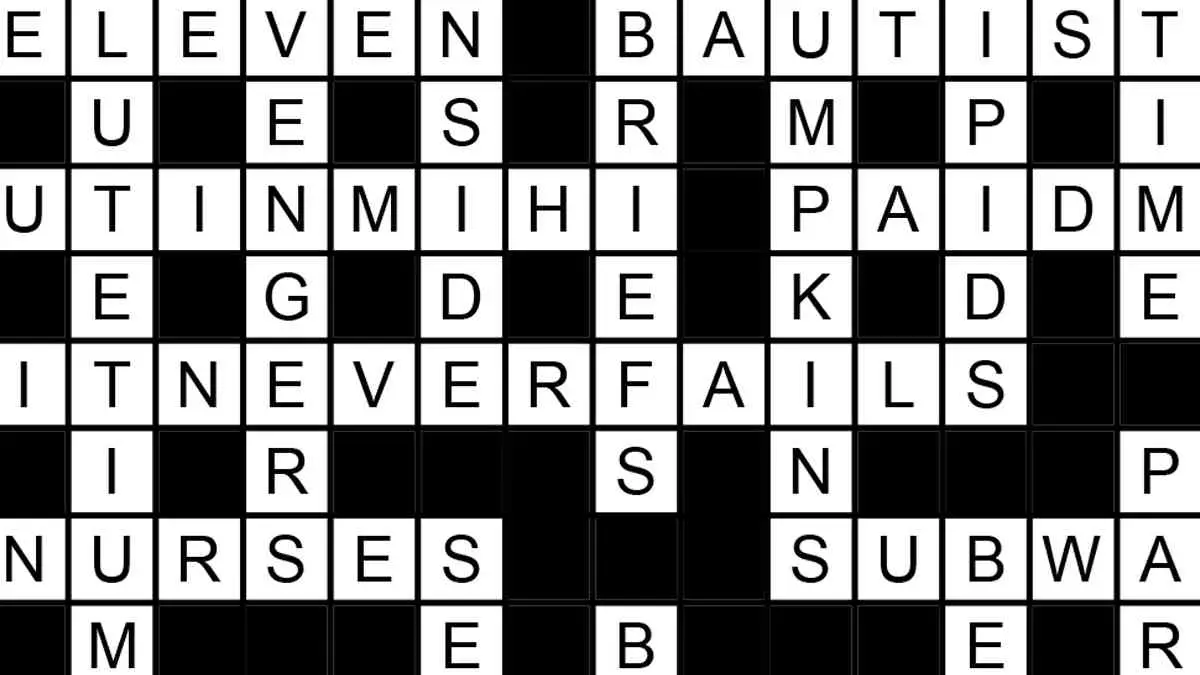

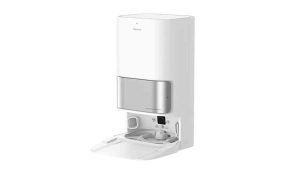




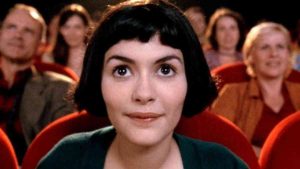




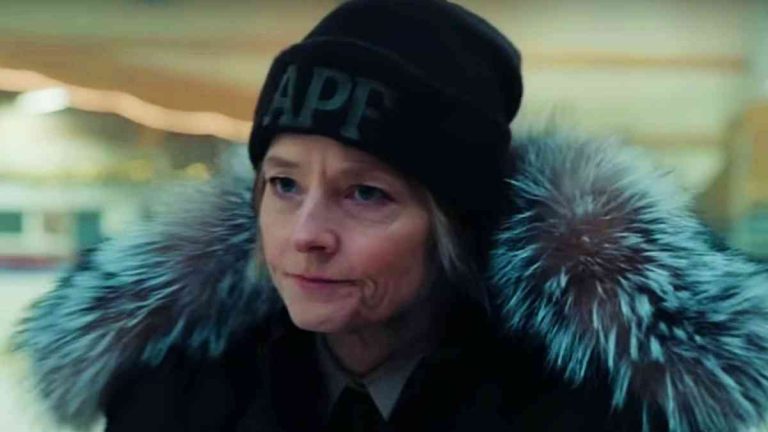
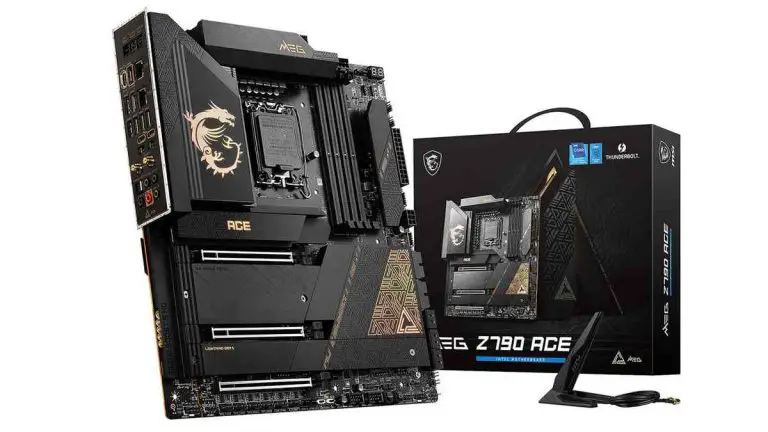
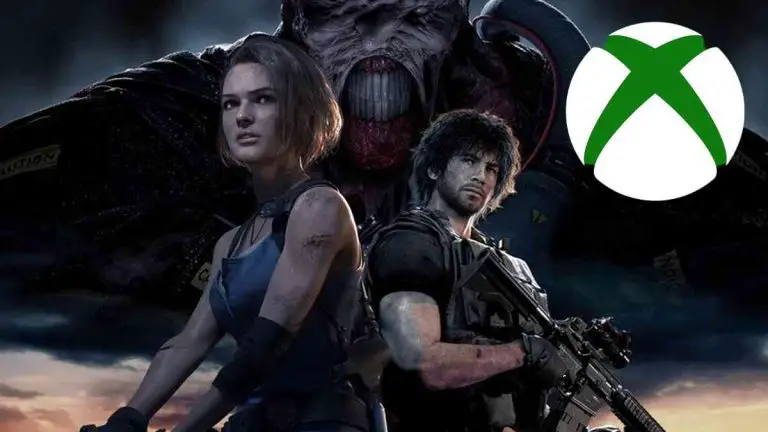
+ There are no comments
Add yours